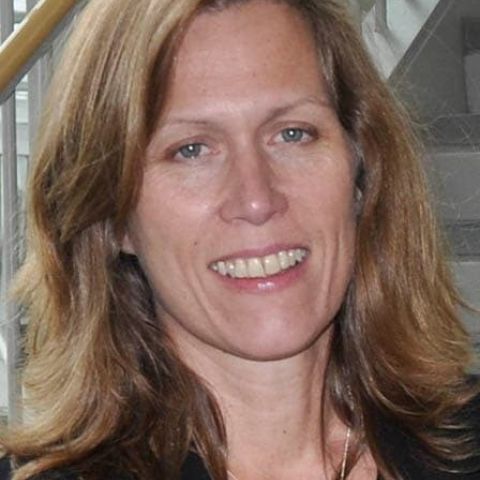
Fellows come from all over the university, bringing their particular passions and living out the public purpose of their discipline through teaching and researching in, with and for community.
See Details
This piece will delve into the multifaceted challenge of addressing the transactional and performative qualities exhibited by students who appear disengaged and uninterested in their higher education pursuits. In an era characterized by academic pressure and external expectations, many students seem to lack the intrinsic motivation and passion for their studies, especially in the context of confronting complex global issues often characterized as “wicked problems.” Drawing from the principles of positive psychology, particularly the concepts of joy, flow and agency, this article will explore strategies and interventions that educators and institutions can employ to reinvigorate student enthusiasm and foster a deeper sense of meaning in their educational journey.
Using some design audit models and exploring the psychology of joy, the state of flow and the cultivation of agency, educators can gain insights into the underlying causes of student seeming disinterest, and lack of affect. It is imperative to acknowledge that the transactional and performative nature of higher education can hinder students’ ability to connect with their studies, their faculty and on a personal level, which becomes even more critical when addressing the complex global challenges that society faces today. To combat this trend, educators can leverage evidence-based approaches that prioritize creating meaningful learning experiences, facilitating authentic student autonomy and instilling a sense of joy and accomplishment in the learning process.
This article offers practical guidance on how educators can design curriculum, teaching methodologies and support systems that promote joyful and fulfilling experiences, autonomy and self-directed learning, while also equipping students with the skills and mindset required to confront wicked problems and complex global issues. It also explores the role of mentorship, fostering a growth mindset and promoting emotional intelligence in helping students discover their agency. Ultimately, the aim is to transform higher education from a transactional endeavor into a holistic and meaningful journey that empowers students to find joy, engage in flow experiences, take ownership of their learning and prepare them to confront the increasingly complex global challenges of our time with resilience and creativity.


